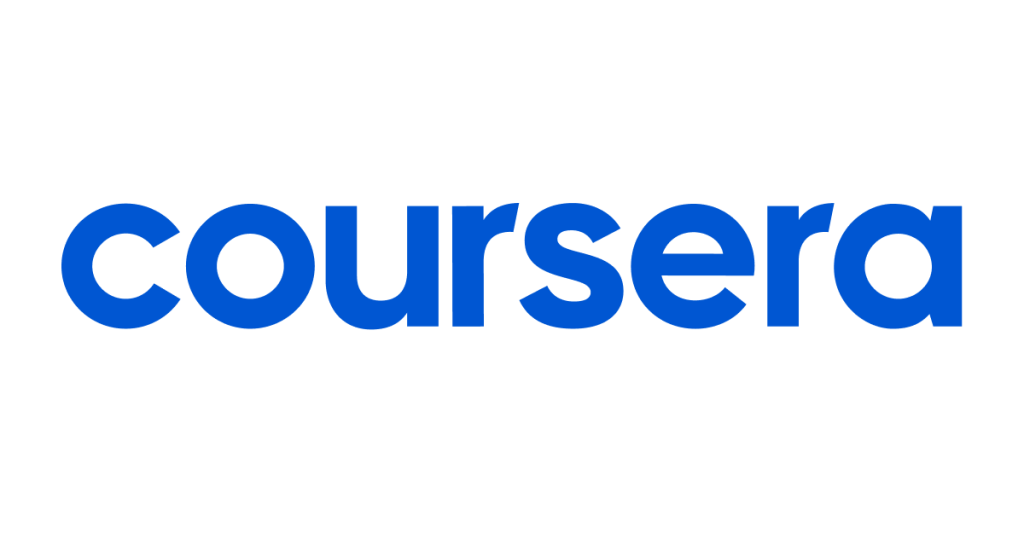
Coursera was founded by Daphne Koller and Andrew Ng in 2012 with a vision of providing life-transforming learning experiences to learners around the world. Today, Coursera is a global platform for online learning and career development that offers anyone, anywhere, access to online courses and degrees from leading universities and companies. Coursera received B Corp certification in February 2021, which means that we have a legal duty not only to our shareholders, but to also make a positive impact on society more broadly, as we continue our efforts to reduce barriers to world-class education for all.
Coursera partners with more than 275 leading universities and companies to bring flexible, affordable, job-relevant online learning to individuals and organizations worldwide. We offer a range of learning opportunities—from hands-on projects and courses to job-ready certificates and degree programs.
Courses Completed
Google Project Management
By – Grow With Google & Coursera.org
Professional Specialization Certificate by Google with 6 Sub Skill & Certificate
| Foundations of Project Management | Cleared |
| Project Initiation: Starting a Successful Project | Cleared |
| Project Planning: Putting It All Together | Cleared |
| Project Execution: Running the Project | Cleared |
| Agile Project Management | Cleared |
| Capstone: Applying Project Management in the Real World | Cleared |
Skills & Knowledge Base
Creating risk management plans involves identifying potential risks that may arise during a project and developing strategies to mitigate or manage them. This requires a thorough understanding of the project’s objectives, stakeholders, and potential challenges.
Understanding process improvement techniques involves identifying opportunities to streamline workflows, eliminate waste, and improve overall efficiency. This requires an analytical mindset and an ability to identify areas of improvement through data analysis and stakeholder feedback.
Managing escalations, team dynamics, and stakeholders involves effectively communicating with team members, stakeholders, and higher-ups to address concerns or conflicts that may arise during a project. This requires strong communication, problem-solving, and leadership skills.
Creating budgets and navigating procurement involves developing and managing budgets, as well as navigating the procurement process to obtain the necessary resources and materials for a project. This requires an understanding of financial planning and management.
Utilizing project management software, tools, and templates involves effectively using technology to manage and track progress on a project. This requires an understanding of various software and tools commonly used in project management, as well as an ability to customize templates and processes to fit the specific needs of a project.
Practicing Agile project management, with an emphasis on Scrum, involves adopting a flexible and iterative approach to project management that focuses on collaboration, continuous improvement, and adaptability. This requires a deep understanding of Agile methodologies, such as Scrum, and an ability to apply them to different project scenarios.
Overall, the skills described in the given points are essential for anyone working in project management, as they enable individuals to effectively plan, execute, and manage projects while minimizing risks and maximizing efficiency.

